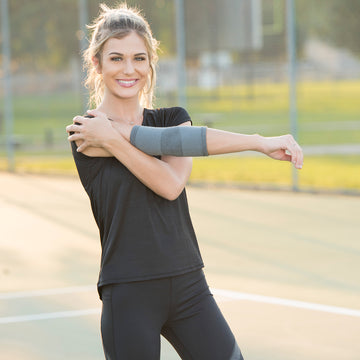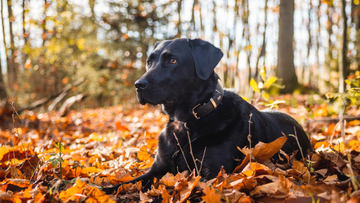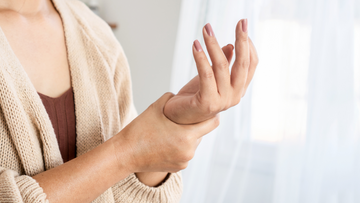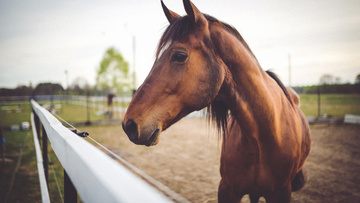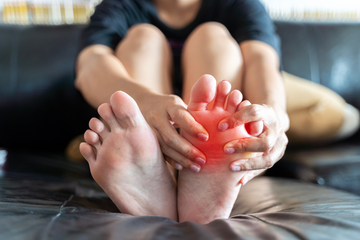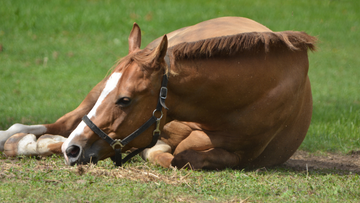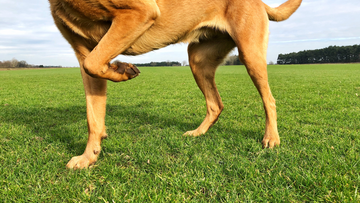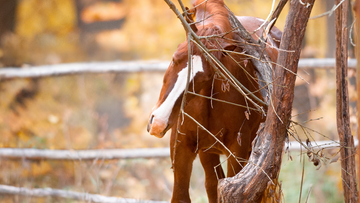Stress isn’t healthy for horses or humans. Stress in your horse can result in anxiousness and can cause physical symptoms such as ulcers and colic. Getting to the root of your horse’s anxiety issues may take some time and detective work. The more time you spend with your horse, the more you will observe his behavior and find clues about what causes his stress.

Horses can be naturally fearful and certain breeds can demonstrate stress more than others, such as Thoroughbreds and Arabians. Recognizing that your horse is stressed and understanding what is causing their anxiety could help to improve your horse’s quality of life. There are common signs that your horse could be stressed.
Which include:
Loss of appetite
Excessive sweating
Kicking
Tail swishing
Flared nostrils
Pawing
Weaving and stall walking
Stress can be grouped into four different categories for horses:
1. Behavioral or psychological
2. Mechanical
3. Metabolic
4. Immunological
Ways to help:
Regular Turnout
Horses are designed to roam and graze for up to 14 hours a day, so keeping them confined to their stable can increase stress levels. So it’s important to give your horse space and regular exercise.
Routine
Many horses tend to thrive on a consistent schedule. Establishing a schedule creates a situation where your horse knows what to expect during the day. Stable management, feeding and exercise, and minimizing any changes to your horse’s routine and environment will help to reduce stress.
Provide continuous access to hay
Having full availability to hay throughout the day can help to distract and reassure your horse. When horses are bored, they can become stressed. Consider using a small hay net.
Keep other horses nearby
Horses are social animals, and in the wild their safety depends on the presence of a herd. You can give your horse that same security at home by keeping several horses in your barn and by turning your horse out in a group.
Keep your horses mind occupied
Sometimes it's not always possible to turn your horse out so if your horse must spend time in his stable, provide mental stimulation in the form of toys or by hiding food so that he has to search for it.
You can minimize stress for your horse by making sure that their environment has minimal possible stressful stimuli. This includes regular turnout, and plenty of access to quality and varied food, water and nutrition. Minimizing changes to your horse’s environment as much as possible will also help, and this includes changes to their routine.
Another thing that will help your horse’s stress would be Benefab’s Rejuvenate SmartScrim. It features 90 magnets(1100 gauss) over key acupuncture points for stimulation of those areas. In ancient (and current) Chinese medicine, acupuncture is performed by using one’s own blood to re-inject over targeted acupuncture points. The reasoning for this method is because the body takes quite some time to re-absorb its own blood after being placed in targeted areas. Therefore, prolonging the benefits. We have selected these magnets to serve to the affect by pulling the blood to those targeted areas which will continually stimulate those areas during and after the SmartScrim is worn. Each magnet is enclosed in a soft cushion for enhanced comfort. Sheet harmonizes bodily functions safely and naturally, stimulating recovery time, promoting blood circulation, increasing oxygen flow, and ultimately reducing pain and stiffness.

